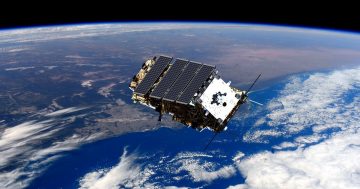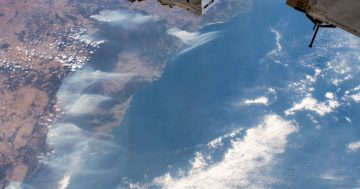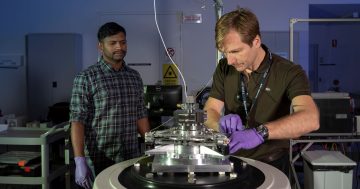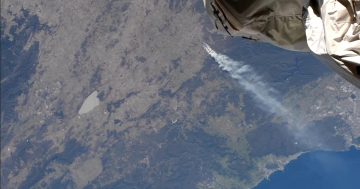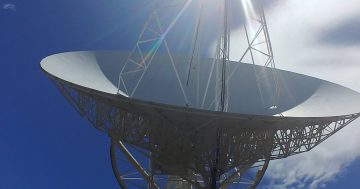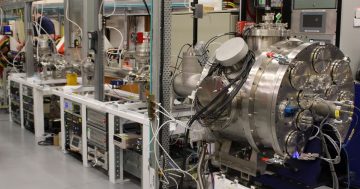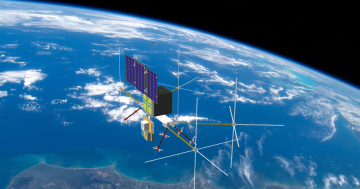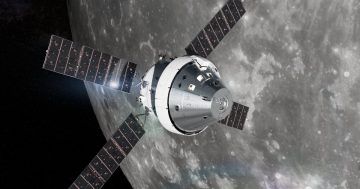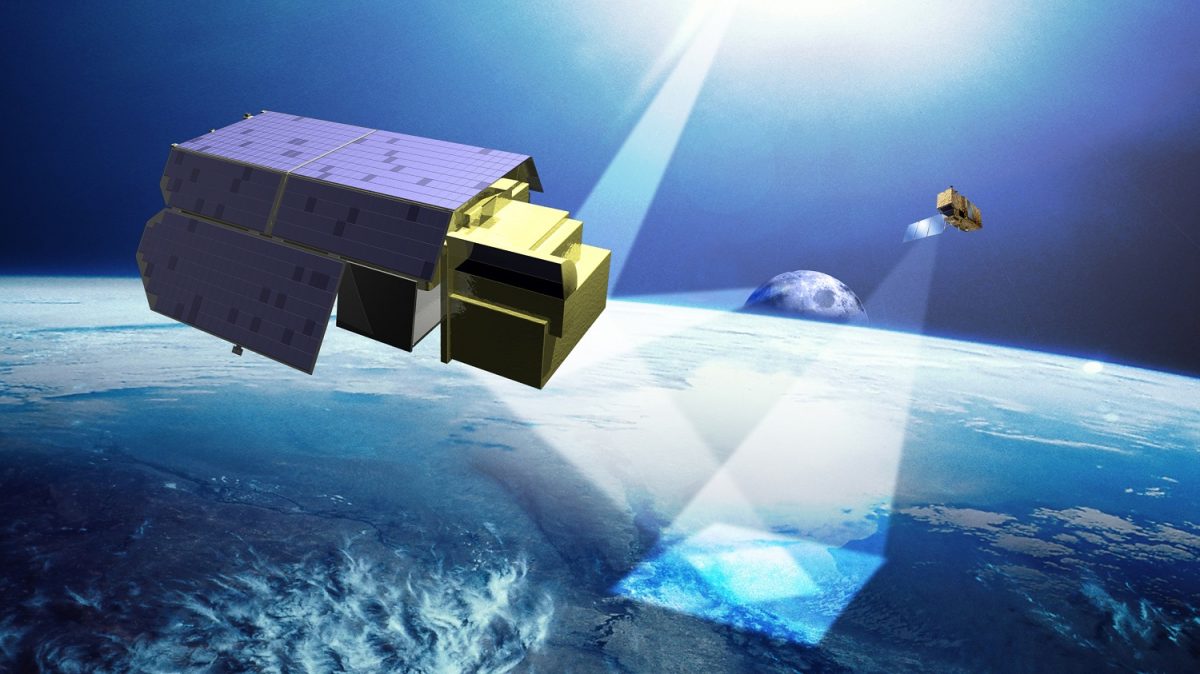
Earth observation satellites can be used to monitor changes in the earth’s surface caused by disasters or climate change. Image: Airbus/ESA.
Opposition cabinet member and former Minister for Industry, Science and Technology Karen Andrews has taken a swipe at the Labor Government for its cancellation of several space programs since coming to power.
Speaking in Parliament on 8 August, Ms Andrews described the space sector as one of Australia’s emerging and enabling industries, but said the government had downgraded it.
“When I was the Minister for Industry, Science and Technology I asked the Standing Committee on Industry, Science and Resources to report on the future of Australia’s space industry,” she said.
“Their report found that the global space industry is predicted to be worth almost $1.5 trillion over the next 20 years,” she added. “The committee endorsed the Coalition government’s goal to increase Australia’s space revenue to $12 billion and create an additional 20,000 jobs by 2030, giving us a much bigger slice of the global industry.”
In March 2022 the Coalition government committed $38.5 million in funding for the first phase of the National Space Mission for Earth Observation (NSMEO) and had planned ongoing funding to the value of $1.16 billion out to 2039.
The NSMEO was to be a constellation of four Australian satellites used for the observation of disasters, agriculture, vegetation and arable land changes, weather, resources, and marine and coastline surveillance.
The Coalition’s NSMEO announcement closely followed a commitment to spend $65 million on a plan to develop a spaceport in Australia, where missions could be launched from and recovered.
The Space Industry Association of Australia (SIAA) welcomed the spaceport investment, describing it as a “significant commitment” that would “support Australia becoming a launch destination and getting Australian technology into space”.
But the spaceport program lasted barely a year and was axed in the May 2023 budget. Following the budget, Science Minister Ed Husic said the spaceport program – as well as a program to invest in Australian companies to become a part of the global space supply chain – didn’t align with the government’s priorities and would not deliver value for money for the taxpayer.
Following the 2023 budget, SIAA CEO James Brown described the cancellations as “a significant cut”. He said the government was “defunding space programs without explanation” and that the supply chain program was “the only program specifically designed to help Australian space small-to-medium enterprises get into global supply chains”.
Brown added that: “Every country in the world is investing in growing space capability. Only governments can lead that investment, and our government is going in a different direction.”
Barely a month later on 29 June, despite saying he values “the role our space sector plays”, Mr Husic said the government would not proceed with the NSMEO program. He said the government has instead re-prioritised $452.4 million that had been allocated to the program over the budget forward estimates to assist with budget repair.
The government subsequently went on to report a more than $20 billion surplus for the 2022/23 financial year.
Ms Andrews said the NSMEO project would have involved a number of key organisations and would have strengthened Australia’s position in an emerging industry.
“The National Space Mission for Earth Observation was a joint project with the Australian Space Agency, CSIRO, Geoscience Australia, the Bureau of Meteorology and the Department of Defence,” she said.
“It would have facilitated the design, build and operation of four of our own new satellites for vital earth observation purposes, providing sovereign capability in this vital field and anchoring Australia’s growing space industry,” she added.
“It was also recently confirmed by the Australian Space Agency at Senate estimates that the Albanese government had cut $59.7 million from the Technology into Orbit program and the space flight tickets subprograms, [and the] $80 million from the Moon to Mars Supply Chain Facilitation program.
“It saddens me that the momentum built under the coalition government has been brought to a halt, meaning that jobs and opportunities, as well as scientific benefits, will be lost to our international competitors.”
Senior analyst at the Australian Strategic Policy Institute (ASPI) Malcolm Davis said of Ms Andrews’ speech, “We’ve made such great progress since 2017 and were set to do some amazing things with NSMEO, and launch, as well as other aspects of the sovereign space sector. Now it’s very much uncertain.”












